It's the latest chapter in what has become the most uncomfortable relationship in tech: Apple's CEO courting a president whose policies contradict nearly everything the company claims to stand for.
And Apple's users are noticing.
The Transactional Timeline
The relationship between Tim Cook and Donald Trump didn't begin in 2025, but it has intensified dramatically since Trump's return to office in January. What started as strategic diplomacy has evolved into something that looks increasingly like desperation—or capitulation, depending on your perspective.
In January, Cook personally donated $1 million to Trump's inaugural fund. Not Apple the company—Cook himself, from his own pocket. The optics were immediately polarizing: one of the world's most prominent openly gay CEOs writing a seven-figure check to a president whose administration has rolled back LGBTQ+ protections and attacked diversity initiatives.
But the million-dollar donation was just the opening bid.
In February, Apple announced a $500 billion investment in the United States over four years. The announcement came with great fanfare, presented as a "bet on America" during a joint appearance with Trump. The reality? Most of that spending was already budgeted—existing supplier relationships, data center operations, and commitments Apple had already made. It was, as multiple analysts noted, a masterclass in repackaging existing expenditures as new commitments to give Trump something to brag about.
Then came August's Oval Office moment that crystallized the entire dynamic.
Cook arrived at the White House bearing a gift: a custom glass disc with an Apple logo, engraved by Corning in Kentucky, mounted on a 24-karat gold base sourced from Utah. "It's a unique unit of one," Cook said, awkwardly fitting the glass into its gilded holder while Trump smiled approvingly. "Designed by a U.S. Marine Corps corporal."
The internet's response was swift and merciless. South Park devoted an episode to mocking the moment, depicting a cartoon Cook presenting his gift while assuring Trump, "Your ideas for the tech industry are so innovative and you definitely do not have a small penis." The satire hit uncomfortably close to the truth.
That wasn't even Cook's first gift to Trump. In 2019, he presented the president with a $5,999 Mac Pro made at an Austin factory—a gift that appeared on Trump's financial disclosure forms and cemented the transactional nature of their relationship.
And now, Tokyo. Cook joined Trump for a closed-door dinner meant to promote Japanese investment in U.S. projects. He didn't speak. No Apple-specific announcements were made. His presence alone was the point—a visible demonstration of loyalty to a president who has repeatedly threatened his company.
The Business Case: Tariffs and Terror
Why is Cook doing this? The answer is brutally simple: survival.
Apple faces an existential threat from Trump's tariff regime. The company estimates tariffs could cost them $800-900 million per quarter. Trump has threatened 25% tariffs on all iPhones not manufactured in the United States—a demand that's functionally impossible to meet in the short term. Apple's entire supply chain is overseas, primarily in China, with increasing production in India and Vietnam.
When Trump announced 145% tariffs on Chinese goods, Apple got a temporary exemption—largely attributed to Cook's lobbying efforts. When Trump complained about Apple building in India rather than America ("I had a little problem with Tim Cook yesterday"), Cook rushed to reassure him. When Trump demanded American manufacturing, Cook pledged facilities that produce low-volume products like Private Cloud Compute servers while carefully avoiding commitments to move iPhone production stateside.
Every dinner, every donation, every golden gift is insurance—an attempt to stay in Trump's good graces and off his target list.
The problem? It's not working.
Despite Cook's relentless appeasement, Trump keeps threatening Apple anyway. The tariff exemptions are temporary and conditional. Trump publicly criticizes Cook's manufacturing decisions. The president alternates between calling Cook a "friend" and expressing disappointment that Apple isn't doing enough for America.
Cook has bought himself time, not protection. And the price keeps going up.
The Values Contradiction
Here's where it gets uncomfortable for Apple users.
Apple has spent years cultivating an image built on progressive values. The company champions privacy as a human right. It releases Pride watch bands and commits to diversity in hiring. Cook himself has been outspoken on LGBTQ+ rights, environmental issues, and social justice—often putting him at odds with conservative politicians.
Apple's shareholders voted overwhelmingly (97%) in February to maintain the company's DEI programs, even as Meta, Amazon, and other tech giants scaled back their diversity commitments. Cook told investors that Apple's strength comes from "people with diverse backgrounds and perspectives" working together.
Trump responded by attacking Apple on Truth Social: "APPLE SHOULD GET RID OF DEI RULES, NOT JUST MAKE ADJUSTMENTS TO THEM. DEI WAS A HOAX THAT HAS BEEN VERY BAD FOR OUR COUNTRY. DEI IS GONE!!!"
Cook didn't publicly respond. He had dinner with Trump a few days later.
This is the cognitive dissonance at the heart of Apple's Trump strategy. The company takes public stances on values that its CEO then compromises in private for business advantage. Apple champions inclusion while its CEO courts a president who has rolled back transgender protections. Apple sells Pride merchandise while Cook writes checks to Trump's inaugural fund.
For an openly gay CEO to donate to and dine with a president whose administration has consistently attacked LGBTQ+ rights is jarring. For a company that positions privacy and user rights as core values to so visibly bend the knee to authoritarian demands creates a credibility problem.
Apple users—who tend to skew more educated, higher-income, and socially liberal—are noticing the contradiction. And they're not pleased.
The User Divide: "Buying Trump's Favor"
The reaction from Apple's community has been visceral.
On MacRumors forums, where Apple enthusiasts gather to discuss everything from hardware specs to software updates, the Cook-Trump relationship has become a flashpoint. User comments range from disgusted to resigned, from defensive to furious.
"This is nothing more than bizarre," wrote one user. "Trump hates anyone who is gay or transgender. For an openly gay man such as Tim Cook to donate to a criminal is BIZARRE what is wrong with america."
"Let's call it what it is, it's a bribe," another commented. "Maybe not in the legal sense, but in a 'go easy with the antitrust stuff' sense."
"I guess not even the CEO of the biggest company in the world makes enough money to buy dignity."
"He's buying Trump's favor. That's how dictatorships work. Disgusting."
The comments reveal a community wrestling with discomfort. Some defend Cook as a pragmatist protecting Apple's business interests. Others see moral cowardice—a CEO sacrificing principles for profit margins. Many simply express disappointment that their preferred tech company is so visibly compromised.
The South Park episode crystallized what many users were feeling but couldn't quite articulate. The show depicted Cook groveling, presenting extravagant gifts, and offering obsequious praise to a president who treats him with contempt. It was satire, but it reflected a truth Apple users recognized: their CEO is in a humiliating position, and they're watching it play out in real time.
What makes this especially uncomfortable for Apple users is the ecosystem lock-in. Unlike other consumer products, Apple users can't easily switch platforms without significant friction and cost. Years of purchases, integrations, and workflows make leaving the Apple ecosystem a major undertaking. So users find themselves stuck—ideologically opposed to Cook's Trump strategy but practically unable to vote with their wallets.
The divide isn't just between Apple and its critics. It's between Apple users themselves. Some argue Cook is doing what any CEO would do to protect shareholder value. Others see a profound betrayal of the values Apple has marketed to them for years. Tech Twitter, Reddit threads, and forum discussions reveal a customer base fragmenting along political and ethical lines.
The Futility Factor
Perhaps the most damning aspect of Cook's Trump strategy is that it doesn't appear to be working.
Despite the donations, the dinners, the gifts, and the carefully choreographed announcements, Apple remains vulnerable. Trump continues threatening tariffs. The company's stock dropped 22% earlier this year amid tariff concerns—a rare underperformance for a tech giant that has been unstoppable for two decades. The "masterclass in managing Trump" that some analysts praised has delivered temporary relief at best.
Trump's public comments about Cook reveal the dynamic. He calls Cook "my friend" but follows it with complaints about manufacturing in India. He praises Apple's commitments but threatens 25% tariffs anyway. He says he "helped Tim Cook recently" but refuses to rule out future tariff actions.
This is a protection racket masquerading as policy. Cook pays—in dollars, in gifts, in public deference—but the protection is conditional, temporary, and revocable at Trump's whim.
The Washington Post reported that Cook has "refrained from publicly criticizing the president or his policies on national television, as many other executives have over the past several weeks." That silence is strategic—Cook believes speaking out would anger Trump and invite retaliation. But that same silence compromises Apple's credibility on every issue the company claims to care about.
You cannot champion human rights while maintaining careful silence about a president who threatens democratic norms. You cannot market yourself as standing for privacy and freedom while kowtowing to authoritarian demands. You cannot sell Pride watch bands while writing million-dollar checks to politicians working to roll back LGBTQ+ protections.
Apple—and Tim Cook—are trying to do all of these things simultaneously. And the contradiction is increasingly difficult to ignore.
What This Means for Apple's Identity
For years, Apple has positioned itself as different from other tech companies. Not just in design aesthetics or product philosophy, but in values. Apple was the company that refused to unlock the San Bernardino shooter's iPhone for the FBI, citing privacy principles. Apple was the company whose CEO spoke out on climate change, LGBTQ+ rights, and immigration. Apple was the company that didn't just sell products—it sold a vision of what technology could be when guided by principles.
That brand identity is now colliding with reality.
The Trump era has forced every major corporation to make a choice: resist or comply. Most have chosen compliance. Tech CEOs who once postured as principled disruptors have bent the knee with remarkable speed. Bezos, Zuckerberg, Altman—they've all written checks and made nice with a president whose policies threaten their business models and contradict their stated values.
Apple is doing the same thing. But Apple's brand makes the contradiction more visible and more uncomfortable for its users.
When Meta scales back DEI, it's cynical but unsurprising—the company has never been known for principled stands. When Apple maintains DEI programs while its CEO courts a president attacking those same programs, the hypocrisy is harder to rationalize.
The question Apple users are grappling with is whether the company they've invested in—financially, practically, and emotionally—stands for anything beyond profit. Cook's Trump strategy suggests the answer might be no.
The Uncomfortable Truth
Here's the reality Apple users don't want to face: none of this will likely affect Apple's bottom line.
Despite the backlash on forums, despite the South Park episode, despite the cognitive dissonance, Apple users will continue buying iPhones. The ecosystem lock-in is too strong. The products are too good. The alternatives require too much sacrifice.
A few users might switch to Android out of principle. Most won't. They'll express discomfort online, maybe skip buying a Pride watch band this year, but they'll upgrade to the iPhone 18 when it launches.
This is the uncomfortable truth about modern corporate power: companies like Apple are too big, too entrenched, too essential to be held accountable by consumer action. They can compromise their stated values, and users will grumble but ultimately comply.
Cook knows this. Trump knows this. And Apple users, deep down, know this too.
So the dinners will continue. The donations will keep flowing. The golden gifts will keep appearing on Trump's desk. And Apple users will keep buying the products, trapped between their principles and their preferences.
The Cost of Doing Business
Tim Cook defenders will argue—correctly—that he's doing what any CEO would do to protect a trillion-dollar company from an unpredictable, vindictive president with the power to destroy Apple's supply chain. They'll point out that Cook's personal donations don't reflect Apple's corporate values. They'll note that maintaining DEI programs despite Trump's attacks shows backbone.
All of this is true. And all of it misses the point.
The point is that Apple has spent years building a brand identity that its CEO is now systematically compromising for business advantage. The point is that users who bought into that brand identity feel betrayed. The point is that when values become negotiable in the face of tariff threats, they were never really values at all—they were marketing.
Cook sat silently in Tokyo yesterday, present but not speaking, visible proof of his ongoing capitulation to Trump's demands. He'll sit at more dinners. Present more gifts. Make more carefully worded announcements that Trump can claim as victories.
And Apple users will watch, uncomfortable but ultimately powerless, as the company they love proves that in the end, the only value that really matters is the stock price.
That's the golden gift Tim Cook is really presenting—not to Trump, but to cynicism itself.

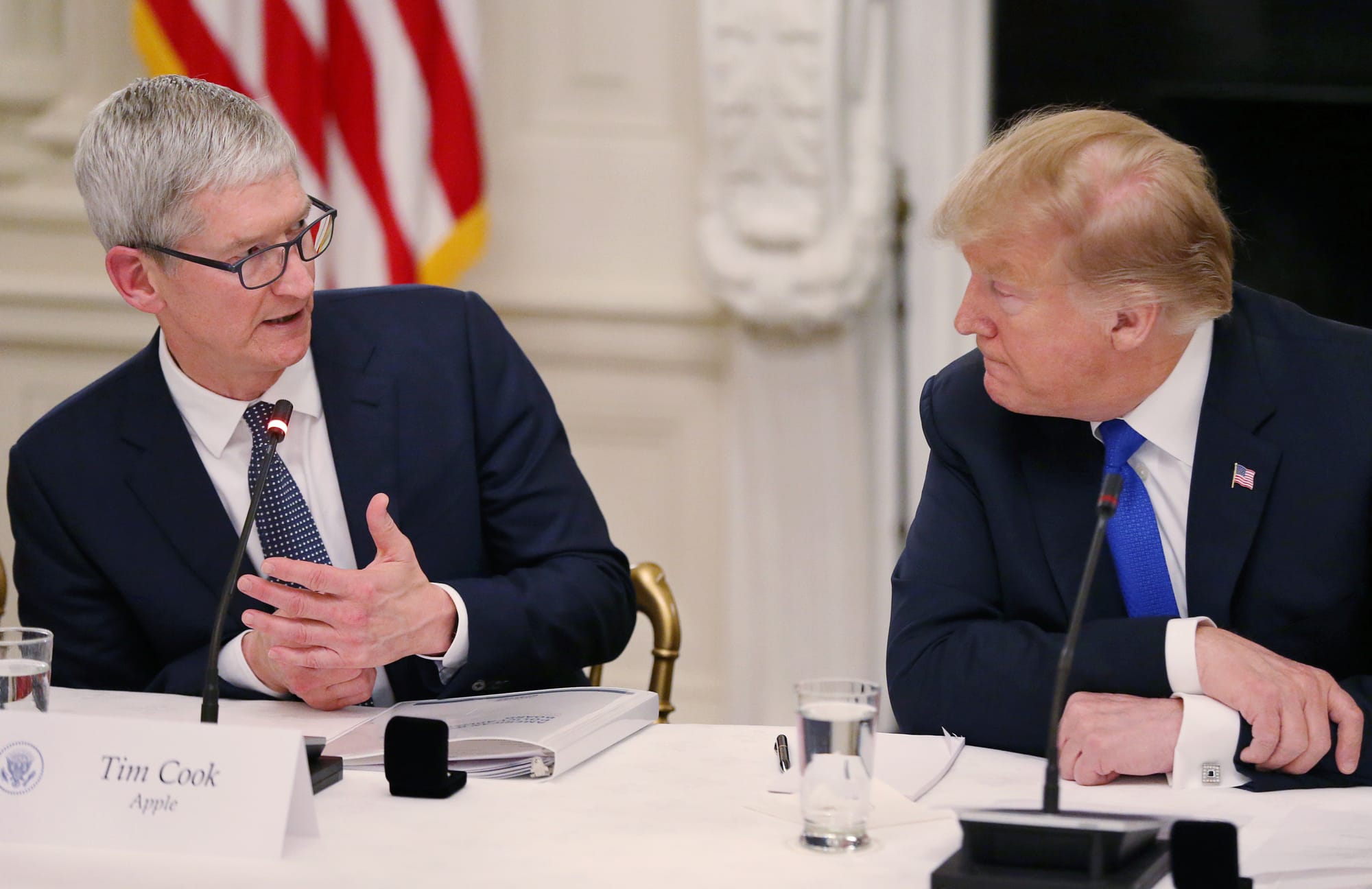
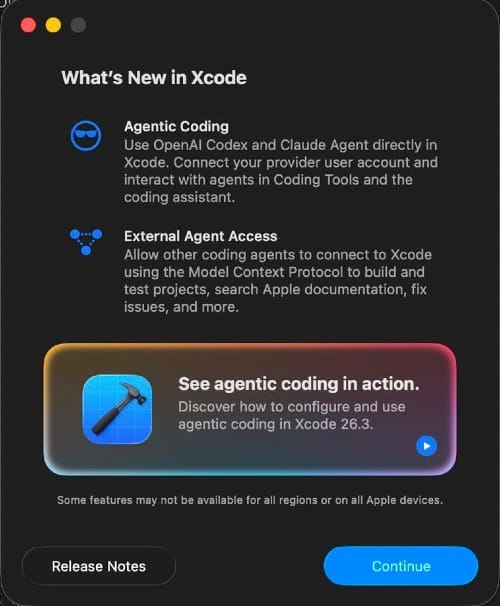
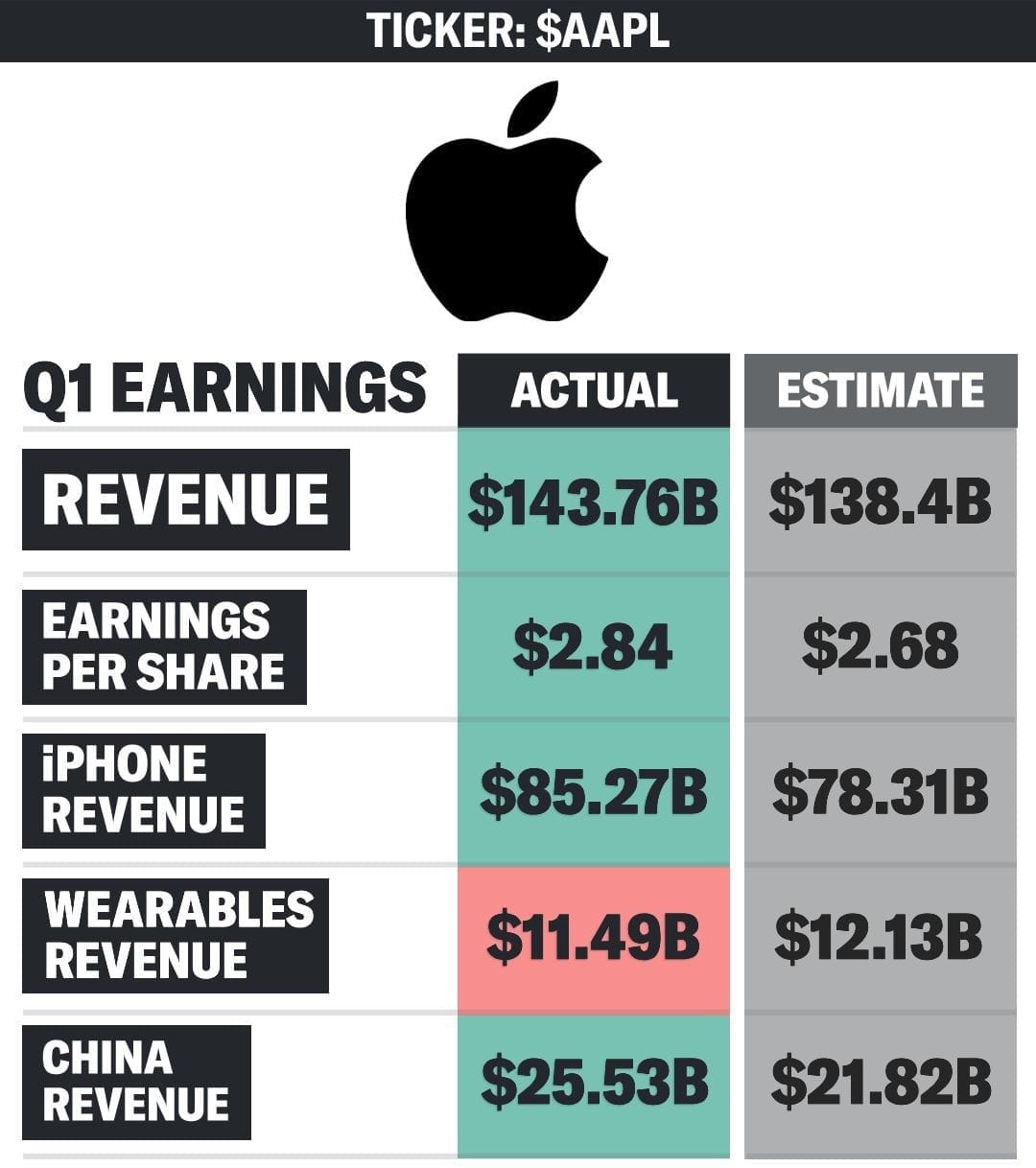
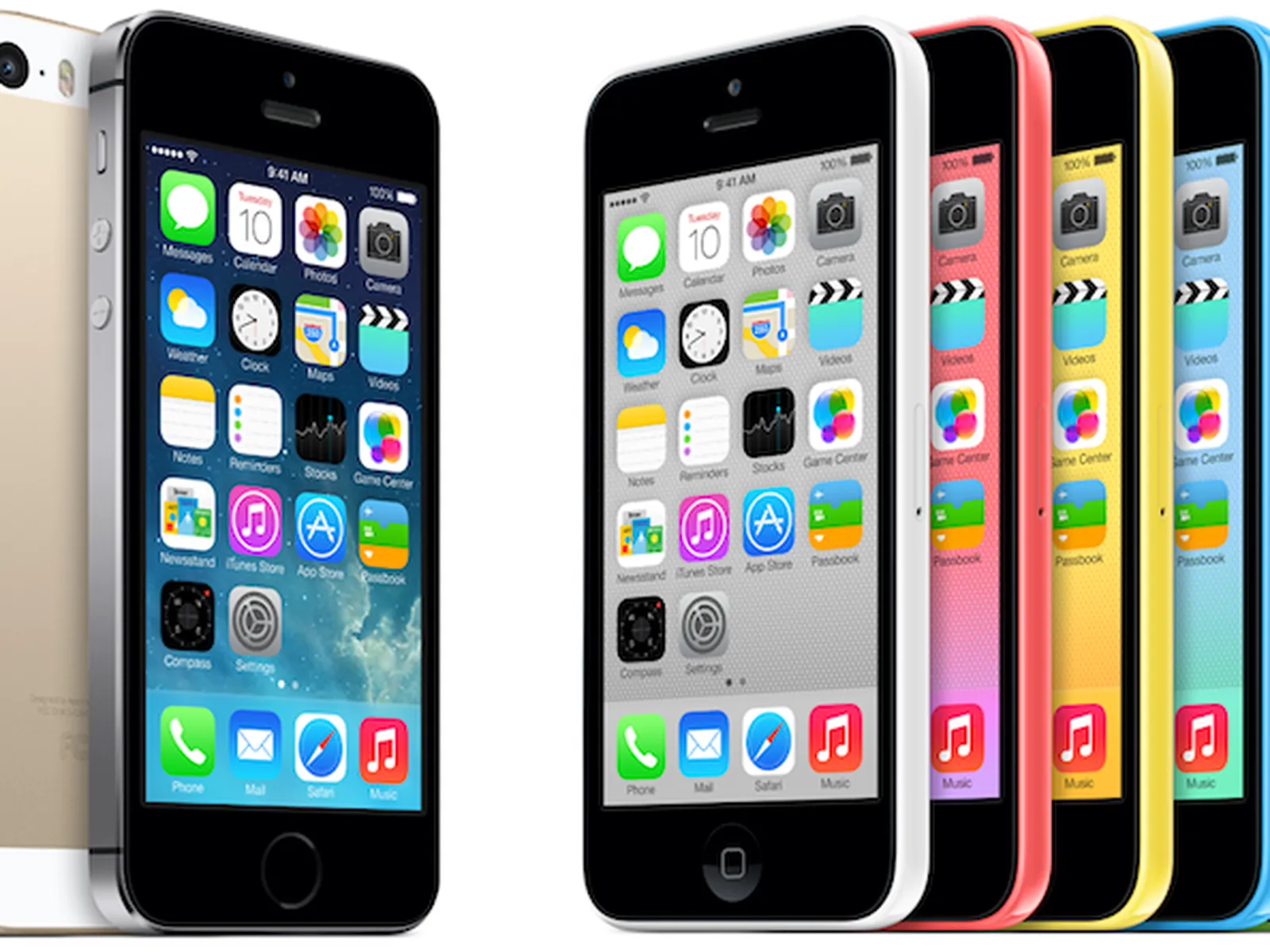
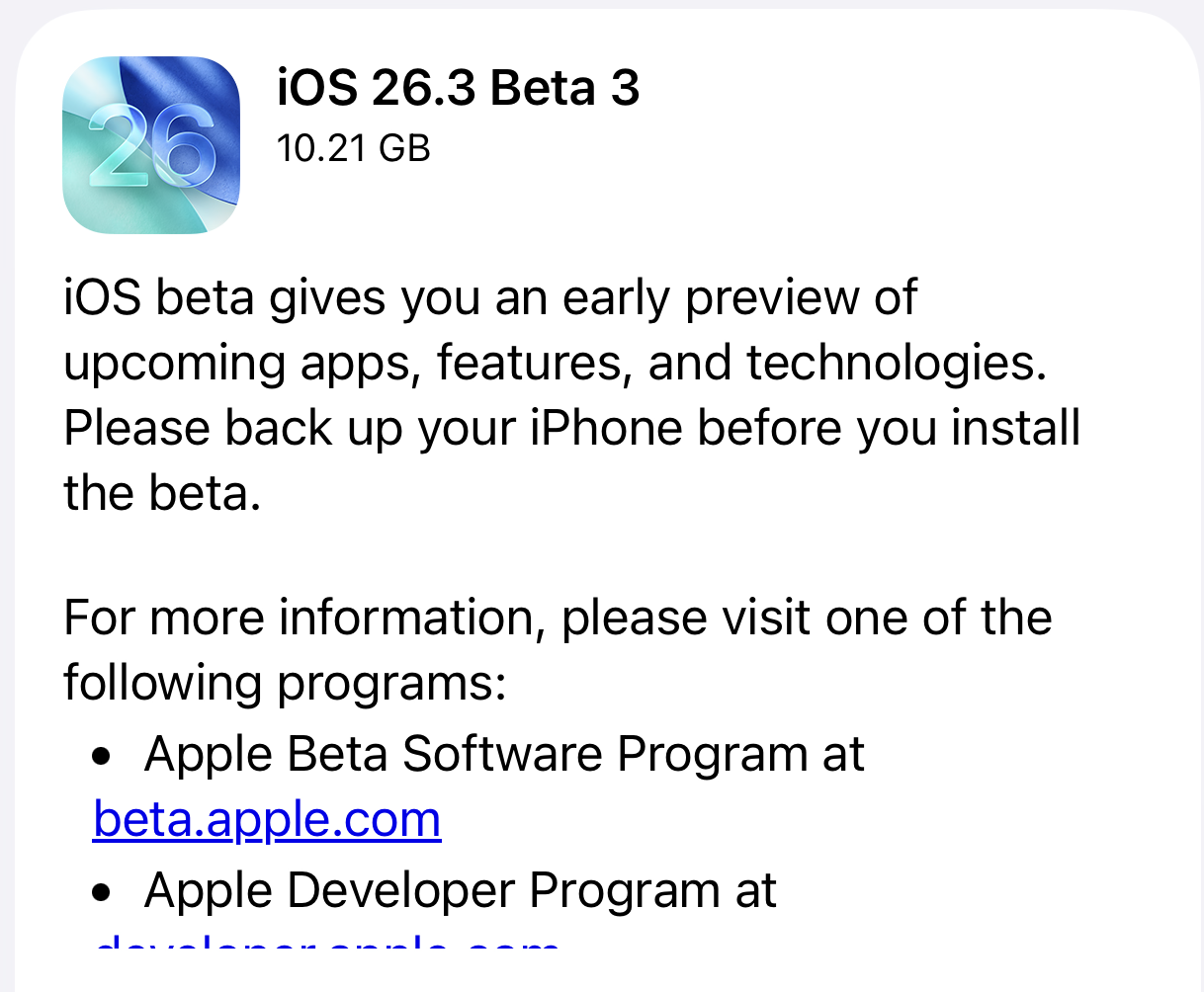
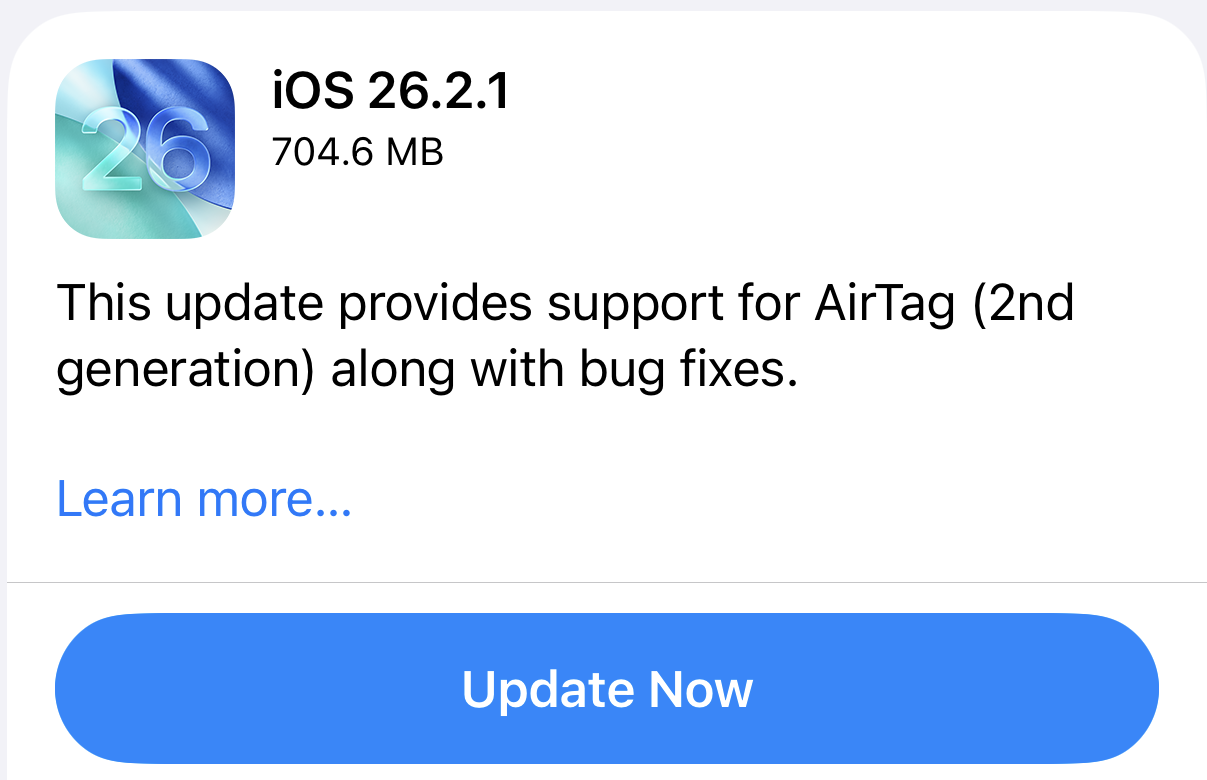
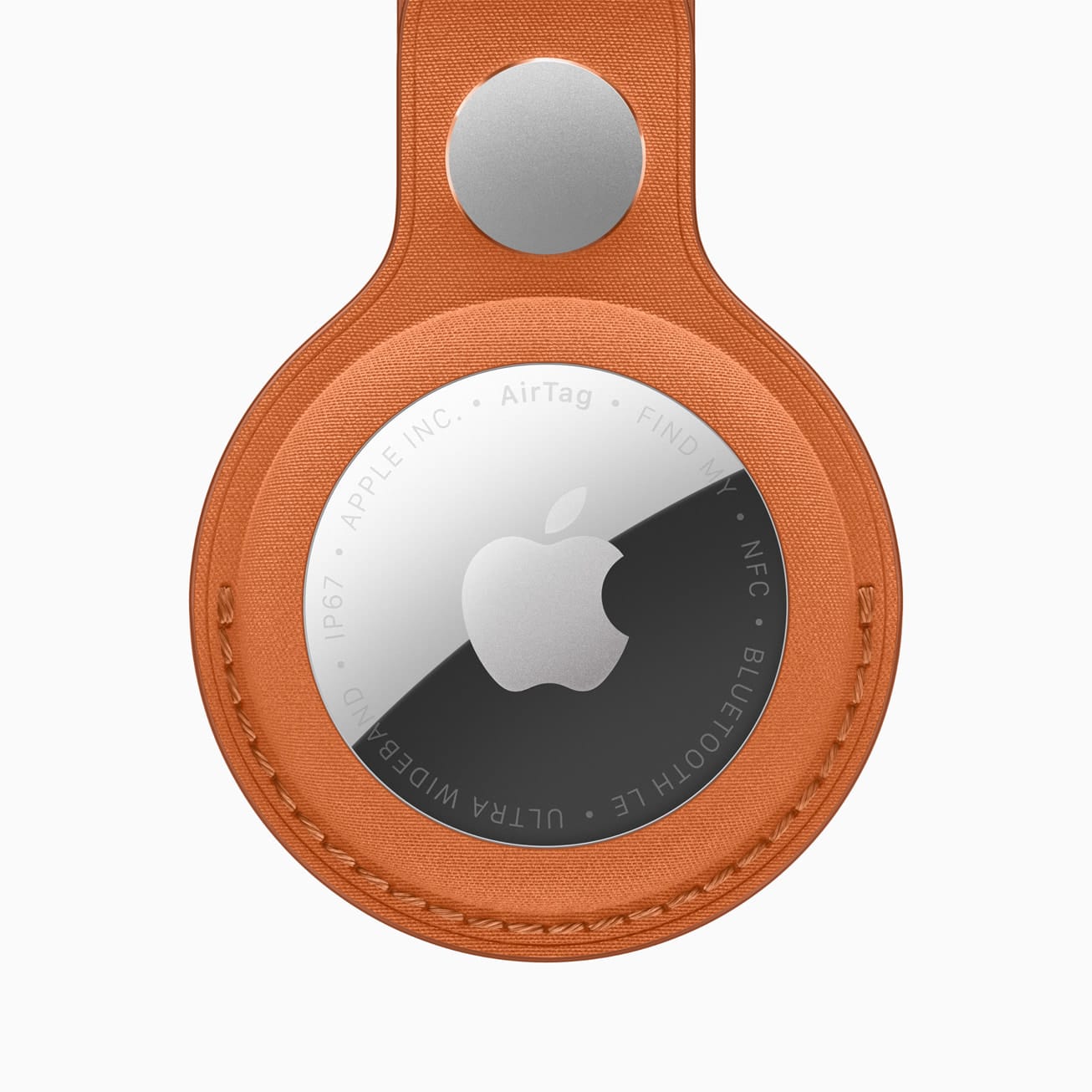


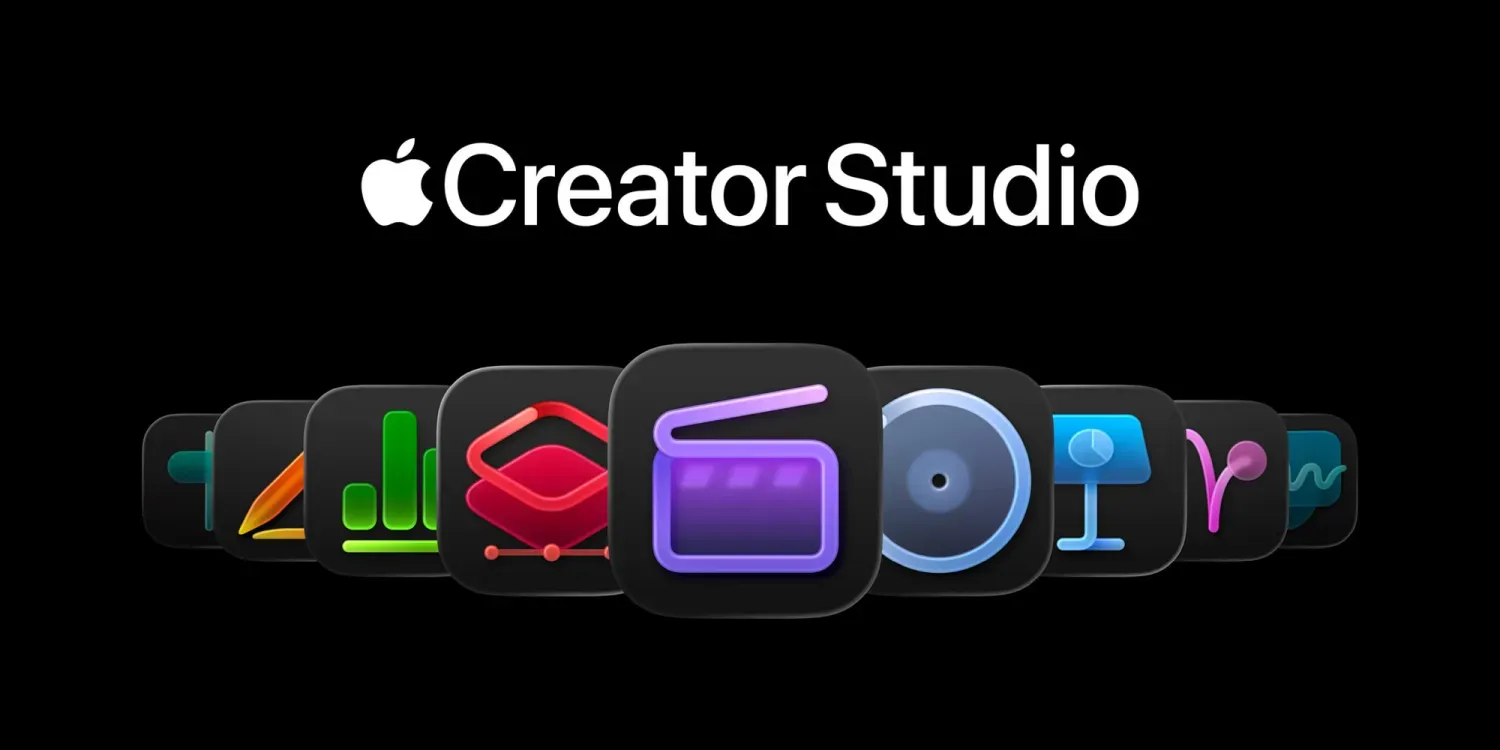
Discussion